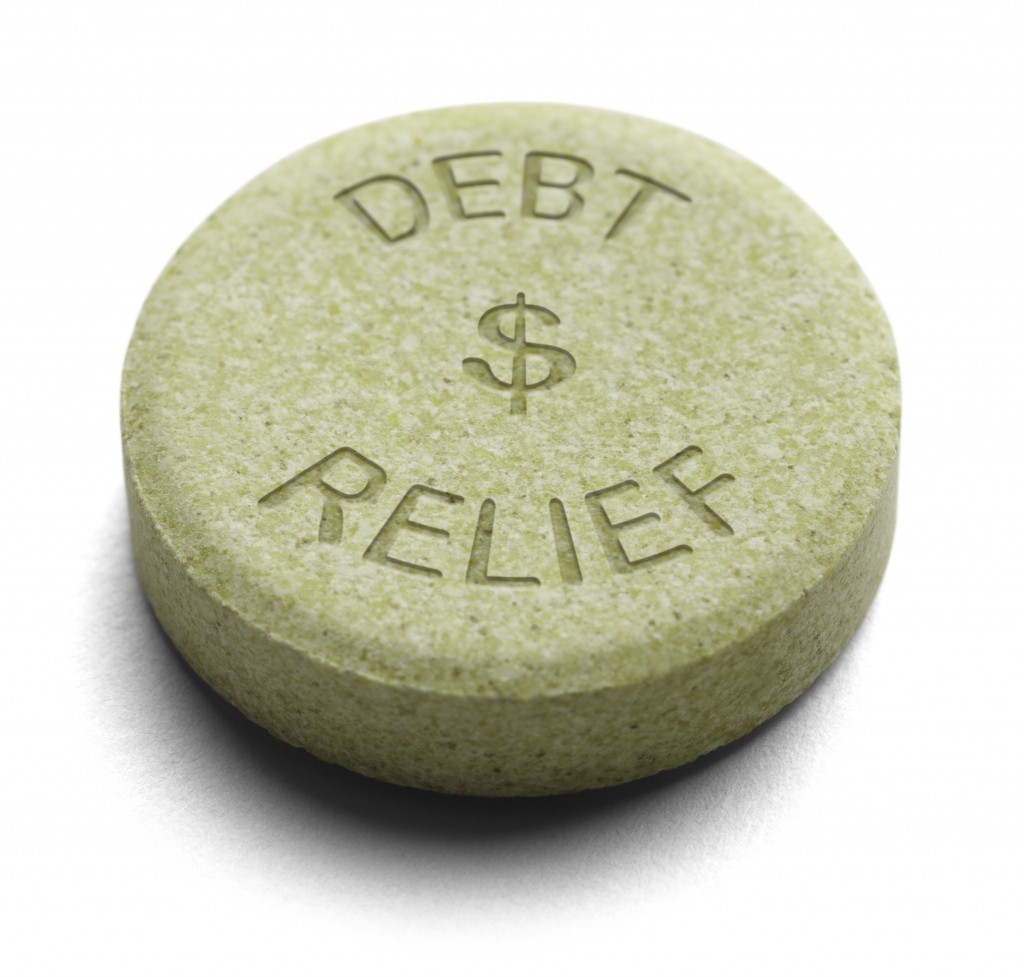The coronavirus pandemic has exposed the country’s economic and social disparities. Thus, leaving millions of people grappling to make ends meet. Many have even found themselves using their emergency savings to cope up. Some even resulted in relying on their credit cards more.
At least 34 percent of millennials noted that they’ve fallen deeper into credit card debt because of the pandemic. Worrying between building their savings and worrying about their debt can stress a person. Everyone’s financial situation is unique. But choosing between saving and reducing one’s debt makes much sense.
To help you decide better, let’s take a closer look at a few financial pointers so that you can make the right choice.
Should you focus on paying your debt rather than build your savings?
Having extra cash stashed somewhere safe can be reassuring. It can be helpful, especially if you need money for emergency expenses. Yet, it makes more sense to pay off your financial responsibilities. It holds true, especially before putting anything extra into your savings account. That’s because there’s a big chance that you’ll be paying more in interest than what you’ll get in your savings.
For example, if you had 2,000 USD on your credit card with an interest rate of 19%, the interest cost each year will be at least 380 USD. Meanwhile, if you have the same amount saved in your account with 1% interest, the amount that you’ll generate will only be 20 USD each year. In other words, paying your debt faster is more practical than stocking your finances.
When do you make savings your priority?
Not everyone shares the same economic conditions as the rest. That’s why you need to reflect on your financial status to see if you’re fit to save rather than pay down your debt. One good reason to save is when you have debt with a low-interest rate. Another reason is not having enough money in your emergency savings.
Lack of retirement savings should also inspire you to save money. It’s a better option to contribute as much as possible to boost your savings as soon as you retire. You can also try to match the amount that your employer puts in to help build your savings. One example is Verizon employee pension benefits. Understanding how it works will help you plan your finances better.
How much do you need to save?

Experts say that it’s best to save at least six months’ worth of expenses into their bank account. Doing so helps build their emergency fund. Some even say that stashing cash that’s enough to pay for an entire year’s worth of costs is an excellent idea, too.
It’s not a matter of when you’ll do it, but how you’ll plan everything. It would help if you started by building a goal to cover your expenses for an entire month. Building an emergency fund can help you cope, especially during some trying times.
When choosing between saving money and paying off one’s debt, you must consider your current financial situation. Don’t force yourself to save up if you still have a lot of financial responsibilities to manage.

